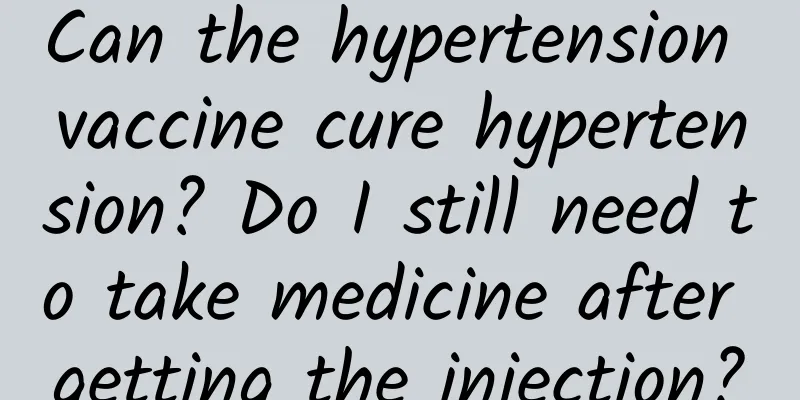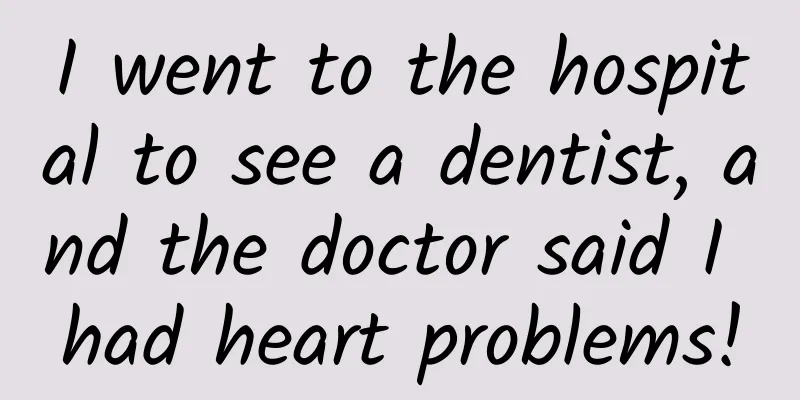What causes nipple pain during breastfeeding?

|
The tingling sensation of nipples during breastfeeding is not only very uncomfortable for new mothers, but the biggest worry is that it may affect the feeding of the child. In fact, many reasons for nipple pain during lactation are caused by physiological factors. We can understand the main reasons and make judgments based on our own situation. So, what causes nipple soreness during breastfeeding? Let’s take a closer look below. The most common cause of nipple pain is improper sucking by the baby. When the baby sucks the nipple, he does not take enough of the areola into his mouth, but only holds the top of the nipple. Repeated sucking causes nipple pain. Second, when the baby sucks, the mother feels a tingling pain in the nipple, which may be caused by nipple fissures. Causes of nipple cracks include improper sucking by the baby, application of alcohol and soap on the mother's nipples, or oral motor dysfunction in the baby. From the above reasons, it can be seen that the causes of nipple pain and nipple cracks are related to the baby's incorrect sucking of the nipple. Mastering the correct breastfeeding posture is the key to preventing nipple pain. What should I do if nipple pain already occurs? 1. Before breastfeeding, the mother should take a comfortable position and apply a hot and wet towel to the breasts and areola for 3-5 minutes. At the same time, massage the breasts to stimulate the milk ejection reflex and squeeze out some milk. This will soften the areola and make it easier for the baby to suck. 2. First breastfeed with the breast that hurts less, and make sure to put most of the nipple and areola into the baby's mouth. Also pay attention to changing the baby's feeding position to reduce the stimulation of the nipple caused by sucking. 3. If breastfeeding needs to be stopped due to other reasons, the mother should gently press the baby's lower jaw with her index finger, and the baby will automatically spit out the nipple. Never pull out the nipple forcibly, as this will damage the nipple. 4. If nipple cracks have occurred, squeeze out some milk after breastfeeding, apply it on the nipples and areola, and wait for it to dry naturally. Mothers should wear loose underwear and cotton bras, and put on nipple shields when necessary to facilitate air circulation and promote the healing of nipple cracks. If nipple pain is severe and unbearable, breastfeeding can be temporarily stopped for 24 hours, but the milk should be expressed and fed to the baby with a small cup and spoon. |
<<: Reasons for early and late menstruation during breastfeeding
>>: Occasional tingling in breasts during lactation
Recommend
Can I get pregnant if I have sex on the eighth day after my period ends?
Menstruation is the physiological phenomenon that...
Intestinal fire is a gynecological disease
What is small intestine fire? In fact, it is a fo...
What causes vulvar malnutrition?
Women's private parts are more sensitive and ...
What to check after one month of IUD insertion
The IUD needs to be rechecked one month after ins...
Special ointment for skin allergies in pregnant women
The early stages of pregnancy, especially the fir...
Does a miscarriage make you age five years?
Some female friends will have miscarriages due to...
Is your throat a "foreteller" of lung problems? If you see these 8 signs, it's best to go to the hospital for a checkup
★ Early detection before the disease occurs Edito...
What should women eat during the late menstrual period?
As the pace of life continues to accelerate, many...
Separate food and chopsticks but not love, let’s have a civilized dining table with “Chopsticks”!
For a period of time, eating together has been a ...
Treatment of placental abruption
Premature placenta is a relatively serious proble...
How to lighten the black color of the genitals
Many women find that their private parts are rela...
Suggestions and guidance for pregnancy with hepatitis B
Many people are not sure whether they can get pre...
Bleeding for 20 days during early pregnancy
At 20 days of pregnancy, you are in the early sta...
What causes bitter taste in the mouth during early pregnancy?
Lips are key organs in our body that allow us to ...









